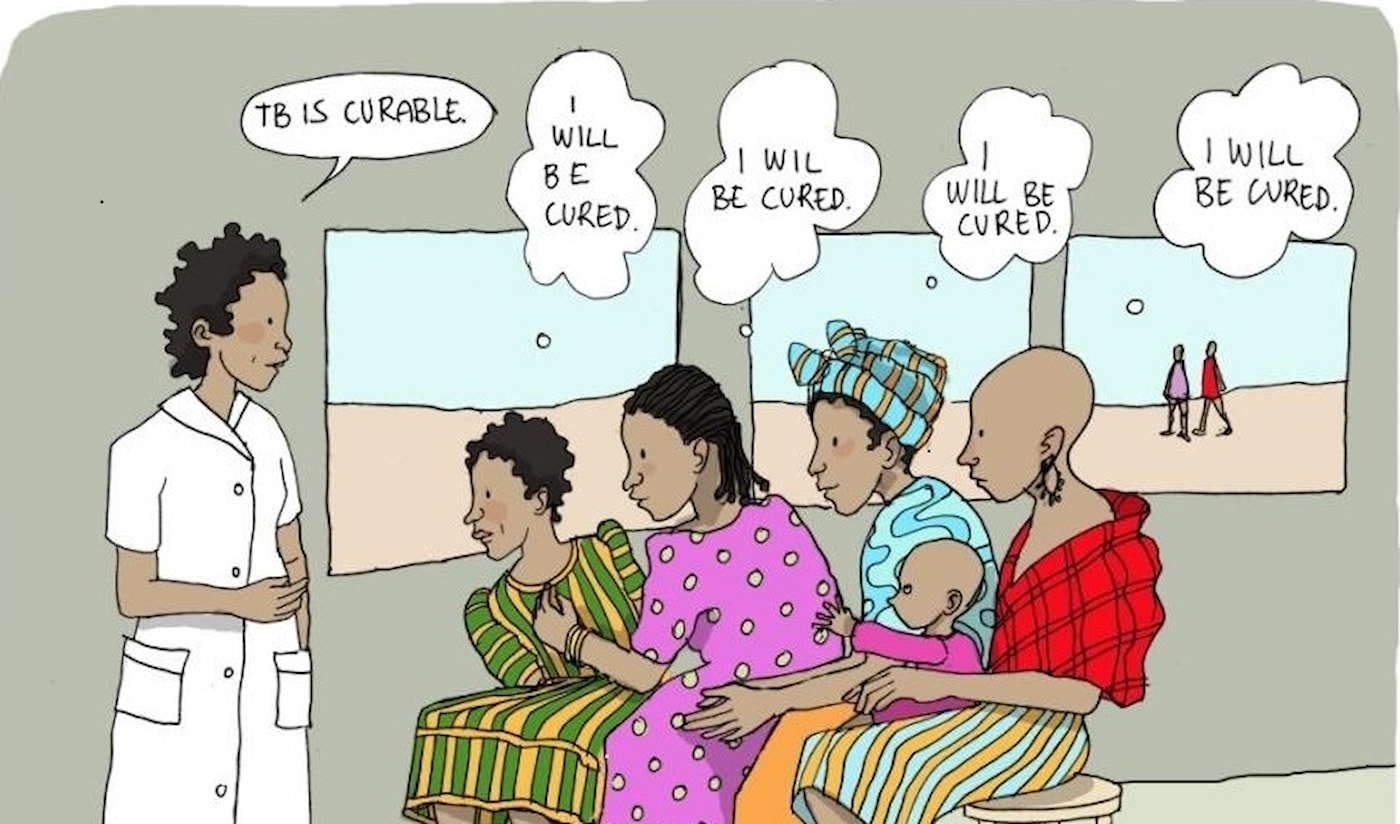
Good communication makes a difference
Health personnel who communicate well with the patient have better treatment results.
Good communication contributes greatly to the patient's satisfaction and makes a difference in the recovery process.
When we are sick and need healthcare, it is important that we feel that we are in safe hands. The health personnel we meet must be genuinely interested in us, be able to listen, ask good questions and provide constructive feedback. They must speak a language that we understand. And they must be trustworthy, so that we dare to open up and tell them things that we think are difficult to talk about.
Tough days
Health personnel who work with tuberculosis often experience tough days with patients who are very sick, patients who interrupt their treatment, patients who experience stigmatisation and patients who are afraid to die. The health workers on their side may be frustrated due to a high work volume and little time for each patient. At the same time they are worried about becoming infected and sick themselves.
Tuberculosis is a disease that is surrounded by myths and prejudices. Inadequate information and poor communication increase the stigmatisation of tuberculosis patients. This creates misunderstandings and reduces the patients’ motivation to complete treatment and get well. If the patient is well-informed and has a good relationship with the health personnel they encounter, many of these challenges can be solved.
Read more about tuberculosis and stigmatisation.
Good communication can be learned
Health communication is an important tool in work with tuberculosis. LHL International organises training in health communication for peers and health personnel who work with tuberculosis. The goal is to communicate better with patients and to increase job satisfaction. Important elements of the training include motivating patients to complete the treatment, handling feelings such as fear, stress and anger, and setting their own goals.
Health workers who have received training say that they are much more aware of their own communication and the effect it has on others, and that they have improved their skills such as active listening, asking good open questions, having an ability to establish trust and ensuring a common understanding. They experience less stress, and are more capable of solving problems and providing constructive feedback.
